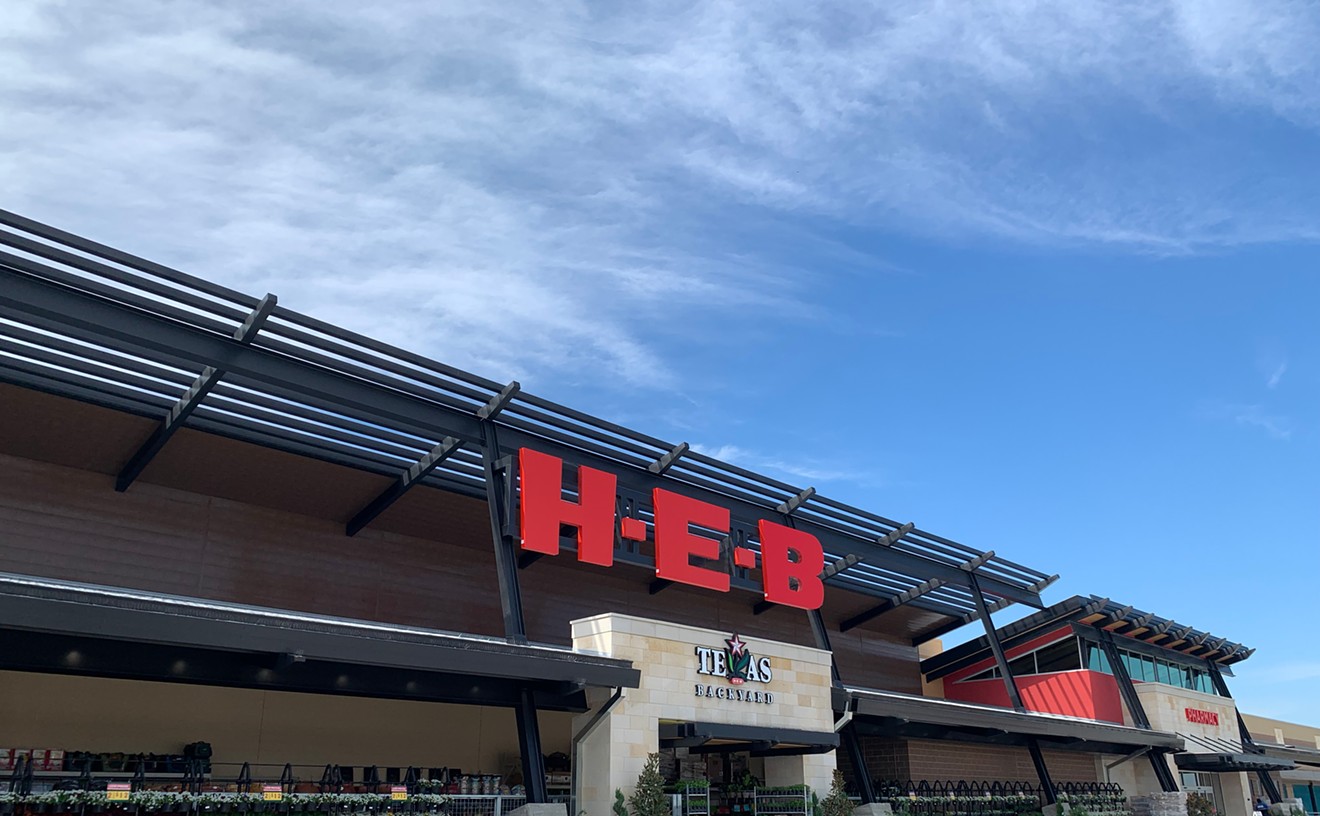Good news for craft distilleries in Texas: Recently, the governor signed a law that allows distillers to sell a limited amount of liquor directly to consumers for off-site consumption. The legislation was authored by Senators John Carona, Leticia Van de Putte and Kevin Eltife, the same three who also worked on craft beer legislation this session.
So now just like wineries, the small vodka, whiskey, rum-runners and the like around the state can sell a limited amount of their goods to visitors.
Daniel Barnes of Treaty Oak Distillery in Austin worked on this legislation and is excited about what it means for the state, "It's great that Texas is embracing this natural progression of the craft industry."
The law, effective September 1, stipulates that consumers can buy no more than two 750-milliliter bottles within a 30-day period. Barnes explained they worked closely with other groups, including distributors, who helped them craft the legislation. "We were all in it together. We didn't want to undercut anyone," says Barnes.
The law allows distillers to sell up to 3,500 gallons a year for off-site consumption. If a bottle is $20 each (broad example), that's upwards of $350,000 a year for off-site consumption sales. For a craft distillery, that's certainly no drop in the bucket.
Everyone is happy, right? Cheers! Well, not so quick. Everyone can cheer except for brewers. If you're a craft brewer in Texas, you just sit down. No cheering. In fact, put your hands under your legs. And don't move.
For years craft brewers have been working toward legislation that would afford their industry the same privileges. The complicated, slightly archaic laws, known as the three-tiered system, stipulate that companies that make booze can't also sell booze, all aimed at preventing monopolies and racketeering.
But, several years ago the system was tweaked to allow wineries to sell a limited amount of wine at the end of a tour and, now, distilleries can as well.
But for craft beer, it's a different story. While during this legislative session several bills were introduced that loosened up some restrictions, such as the right to sell beer for on-site consumption, sales for off-site consumption were taken off the table.
And it's hard not to point a finger at the close ties between Carona and the Whole Beer Distributors of Texas (WBDT) as the reason why. He introduced a bill that was backed by the WBDT and largely hurt the craft industry by taking away their rights to sell their distribution rights, an often lucrative revenue stream. If that bill is signed, they'll have to give away those rights.
The measure sent feathers flying when it came up in committee.
Carona threatened to hold the craft brewers bills hostage unless his WBDT-friendly bill was passed.
His exact quote in the committee meeting room, which was full of craft brewers, was:
"I want a deal one way or the other by 5 p.m. next Monday. So all of you need to understand that's the deadline and if you don't meet that deadline, I'm pushing this legislation to the very end of the session. So you've got a week to work on it."
As we reported earlier in the year, the WBDT throws a lot of campaign money around the capitol. According to a report issued by Lobby Watch Texas, some $4.1 million was spent over the past several years.
And Barry Andrews of Andrews Distributing in North Texas, a WBDT backer, alone gave $135,000 directly to Carona's campaign. From the Lobby Watch report:
"Senate Business and Commerce Committee Chair John Carona, who sponsored the Wholesalers bill, has consumed more alcohol money than any lawmaker other than House Speaker Joe Straus. Carona's top alcohol donor is distributor Barry Andrews, who backs the Wholesale Beer Distributors."
The obvious question is: Why aren't brewers allowed the same economic opportunities as wineries and distillers?
When asked Carona issued this statement:
"The wine stakeholders reached consensus on their legislation. The spirits stakeholders could only agree on a 2-bottle limit, so that's what they got. The beer distributors opposed the provision and the other stakeholders couldn't come up with an agreeable compromise, so it had to come out so the rest of the package could pass."
But, if it's OK for two industries, why not put it in the bill?
Because the "beer distributors opposed the provision..." I'm pretty sure that hits it.











